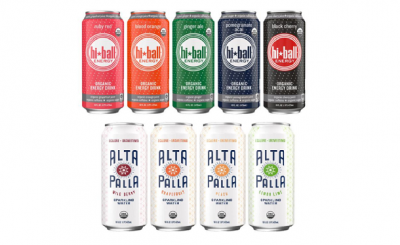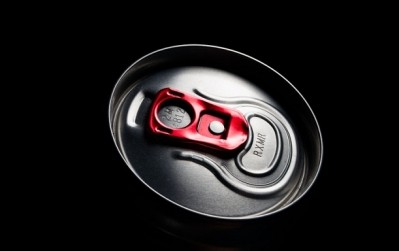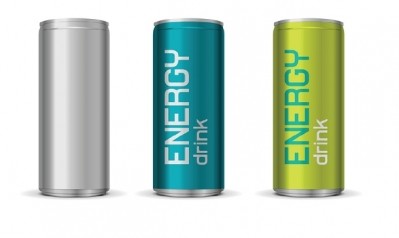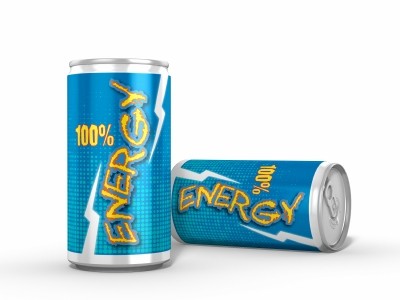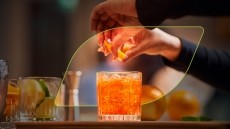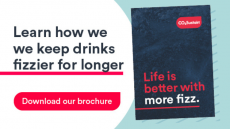Report calls for more measures to reduce energy drink consumption among children
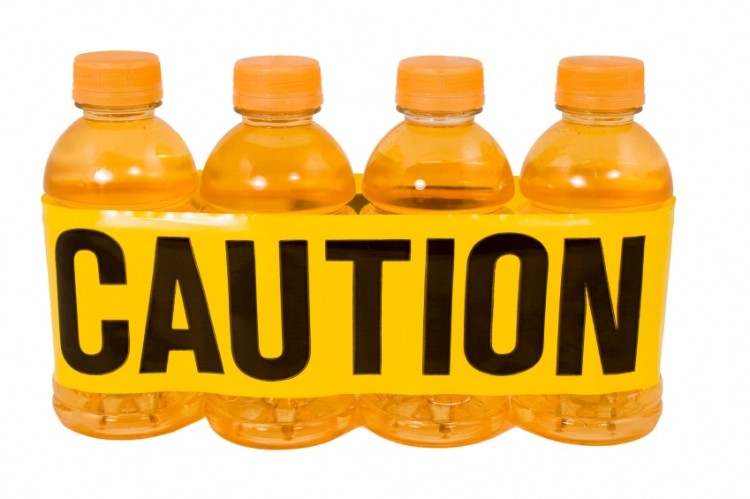
A report from Food Research Collaboration, an initiative from the Centre for Food Policy (City University London) says consumption of energy drinks among children globally is growing: predicting that the 10-14 year old consumer group will increase by 11% over 2014-2019.
It also says that 68% of adolescents (aged 11-18) consumer energy drinks, with 11% drinking at least 1 liter in a single session. Among children 10 years old and younger, 18% consume energy drinks while 12% drink at least 1 liter in a session (according to a survey across 16 European countries including the UK).
The report gestures to studies which link energy drink consumption with health complaints such as headaches, stomach aches and sleeping problems.
It acknowledges that “there are significant gaps in the evidence base around the health impacts of energy drinks. However, the evidence that has emerged so far indicates some effects worrying enough for policy makers and civil society in the UK to take notice and to develop a plan for action.”
Ban sales to under 16s?
The UK government is set to introduce a tax on sugar-sweetened beverages in April 2018 to help tackle childhood obesity. But the researchers – Dr Shelina Visram from Durham University and Kawther Hashem from campaign group Action on Sugar – point to high amounts of both sugar and caffeine in many energy drinks.
They say a single can of a popular energy drink brand can contain around 160mg of caffeine, with EFSA recommends that intake for an 11 year old should not exceed 150mg per day.
“In light of the growing evidence base on the potentially harmful effects of energy drink consumption and increasing calls for action from teachers, parents and others, policy-makers and industry could consider the following options,” says the report.
These include:
• Each education authority could have a named official with a central role in implementing an energy drinks strategy (either a standalone strategy or a core element of existing school food policy) across all schools. “Schools play a central role in the development of healthy young people,” says the report.
The market for energy drinks
The global energy drinks market was $50bn in 2014 and is projected to grow at an annual rate of 3.5% in 2015 - 2020, according to Mordor Intelligence, and quoted by the report.
In the UK, sales of energy drinks increased by 155% in 2006 - 2014, from 235 to 600m litres.
The leading brands’ shares in the UK energy drinks market, by value in 2013/14, were: Red Bull (25%), own-label (12%), Monster (10%), Relentless (6%), Rockstar (5%), Mountain Dew (2%), Boost (2%) and Emerge (2%).
• Every local authority and health authority could have a shared policy and strategy on energy drinks and children. “This could cover: sale and consumption of energy drinks on council and NHS property; health awareness and education; authority-wide projects to raise awareness in shops and other retail outlets; and research and evaluation activities.”
• Local authorities could use existing powers in licensing, trading standards and planning, which could limit the sale and consumption of energy drinks by children. “For example, many councils offer training courses to licensees in breach of the alcohol license. These courses could encourage each licensee to adopt a voluntary code which would restrict sales of energy drinks to those under 16 years of age.”
• The legislation on the labelling of energy drinks could be reinforced to improve the communication about the risks of caffeine and sugar consumption for children. “Information about sugar and caffeine content could be presented in ways that are easier for children to understand; for example, as ‘teaspoons’ of sugar.”
• Energy drinks being marketed favourably to children by manufacturers and retailers could be made illegal. “This might include restrictions on the use and language of cartoons and child-friendly graphics and images. It could also include restrictions on energy drink manufacturers being allowed to sponsor or hold sports events and competitions aimed at children.”
• The government could consider setting strict limits on the caffeine and sugars content of energy drinks, similar to the salt targets set in the UK.
• Legislation could be introduced to ban the sale of energy drinks to under- 16s, similar to that which is already in place for tobacco and alcohol.
Industry code of practice on energy drinks
EU regulations state that energy drinks must declare “High Caffeine Content. Not recommended for children or pregnant or breast-feeding women” followed by the exact caffeine content expressed in mg per 100ml on the label.
The British Soft Drinks Association has a Code of Practice on Energy Drinks, which it defines as beverages with more than 150mg/l of caffeine.
11 voluntary measures include:
- Labels should include the statement “Consume Moderately” or similar.
- No marketing communications concerning energy drinks should be placed in any media with an audience of which more than 35% is under 16 years of age (in line with BCAP and Ofcom guidelines).
- No commercial activity of any sort relating to energy drinks by BSDA members will be undertaken in primary or secondary schools.
- No static outdoor advertising of energy drinks will be placed within 100 metres of primary or secondary school main gates.
The BSDA’s Code of Practice can be read in full here.
